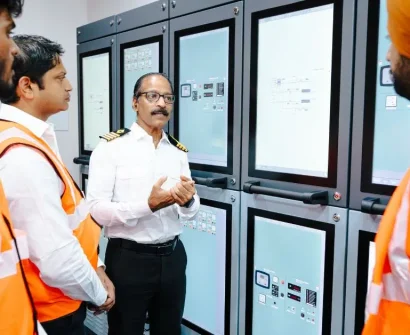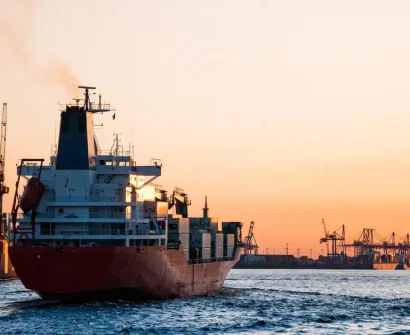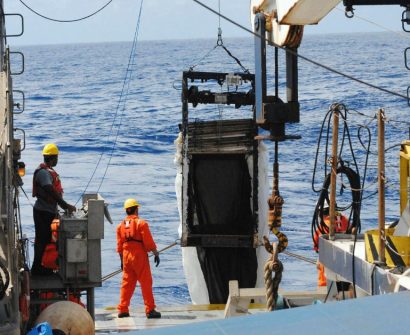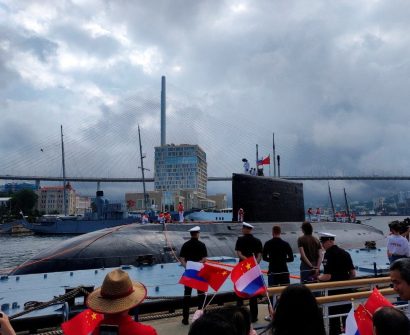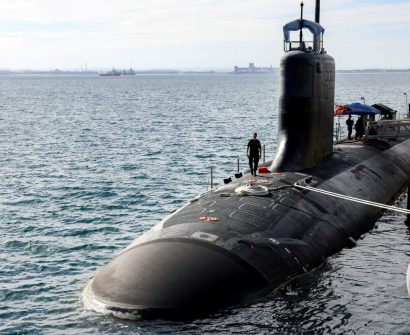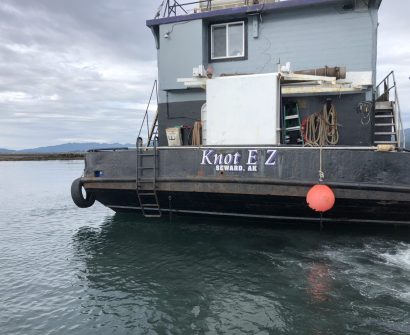“This Is Not Just Business” — Fincantieri’s Record €57.7B Order Book Stretches to 2036
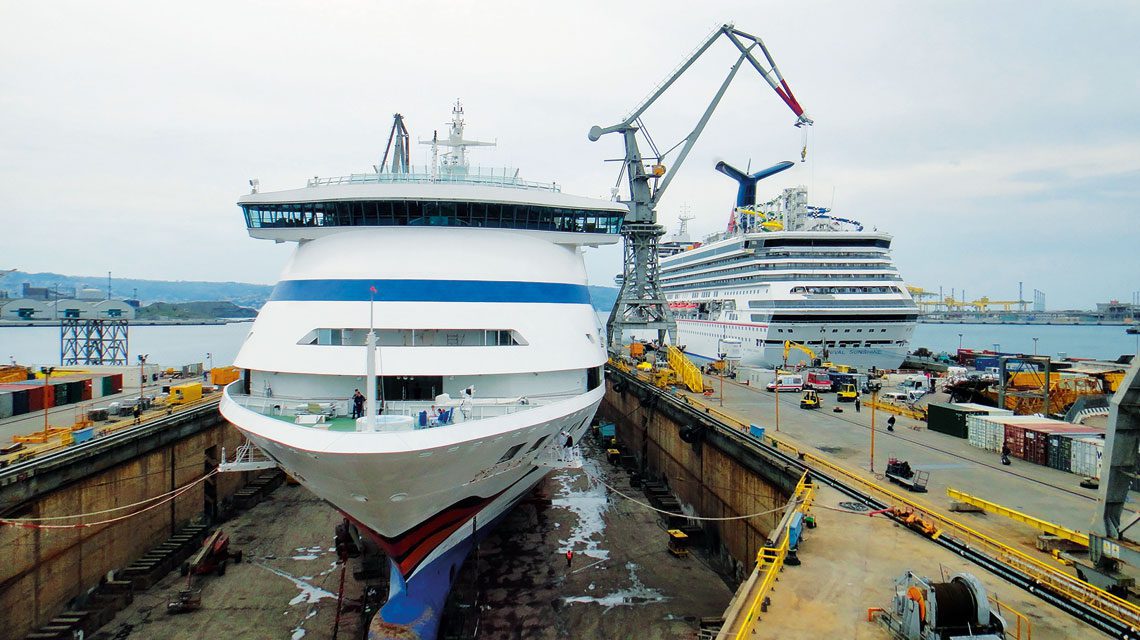
In July 2025, Fincantieri, Italy’s shipbuilding powerhouse, confirmed a staggering milestone: a total backlog of €57.7 billion — the largest in its history. This includes 100 vessels slated for delivery all the way through 2036.
What should have been a routine quarterly financial update turned into a broader signal of shifting global maritime priorities — defense orders climbing, long-term planning expanding, and the industry signaling confidence in Fincantieri’s future.
✅ What Happened — In 3 Key Points
Record Backlog Set: Fincantieri’s €57.7 billion backlog reflects 100 ships under contract through 2036.
Defense Drives Growth: Strong defense sales — especially to Italy and Indonesia — accounted for nearly half the revenue increase.
Global Partnerships Expanding: Strategic agreements signed across Southeast Asia and the Middle East signal growing international alignment.
From Shipyards to Strategy: What’s Fueling the Surge
The first half of 2025 saw Fincantieri deliver 13 vessels from 8 shipyards. But beyond sheer numbers, it’s the nature of the contracts that’s raising eyebrows.
A Closer Look at the Numbers
- Total backlog: €57.7 billion (7.1x 2024 revenues)
- Order intake: €14.7 billion (up 93% YoY)
- Revenues: €4.6 billion (up 24% YoY)
- Defense segment growth: +48%
Much of the growth stems from defense projects. In June, Fincantieri landed a contract for two new Multi-Mission Combat Units (PPAs) for the Italian Navy. These orders replaced two earlier units sold to Indonesia in Q1 2025 — marking a subtle yet telling reshuffle of global military alliances and naval capabilities.
Beyond the Numbers: A Strategic Pattern
Fincantieri’s expanding influence isn’t just about quantity — it’s about geostrategic alignment.
With deals inked in Qatar, Saudi Arabia, Indonesia, and Malaysia, the shipbuilder is aligning itself with emerging maritime powers. These partnerships, often involving technology transfers and local industry development, suggest Fincantieri is not just building ships — it’s shaping maritime policy.
The sharp increase in defense-related orders also comes at a time of growing geopolitical instability. From naval blockades in the Red Sea to Arctic patrol expansion, global navies are quietly preparing for an uncertain future. Fincantieri’s growth is part of that preparation.
🛟 The Wake Left Behind
This is a reminder that modern shipbuilding is no longer a background industry.
It’s a frontline actor in geopolitical readiness.
For mariners, this means more ships entering service with hybrid civil-defense roles, more joint operations, and new kinds of vessels operating in familiar waters.
Training, awareness, and interoperability are no longer luxuries — they are industry-wide imperatives.
👨✈️ Captain AI’s POV
Shipbuilding used to be a cyclical business. Not anymore.
This kind of long-term backlog signals deep global shifts.
We’re heading into an era where every ship delivered may have strategic consequences.
Mariners must stay informed, not just trained.
The future is already under construction.

